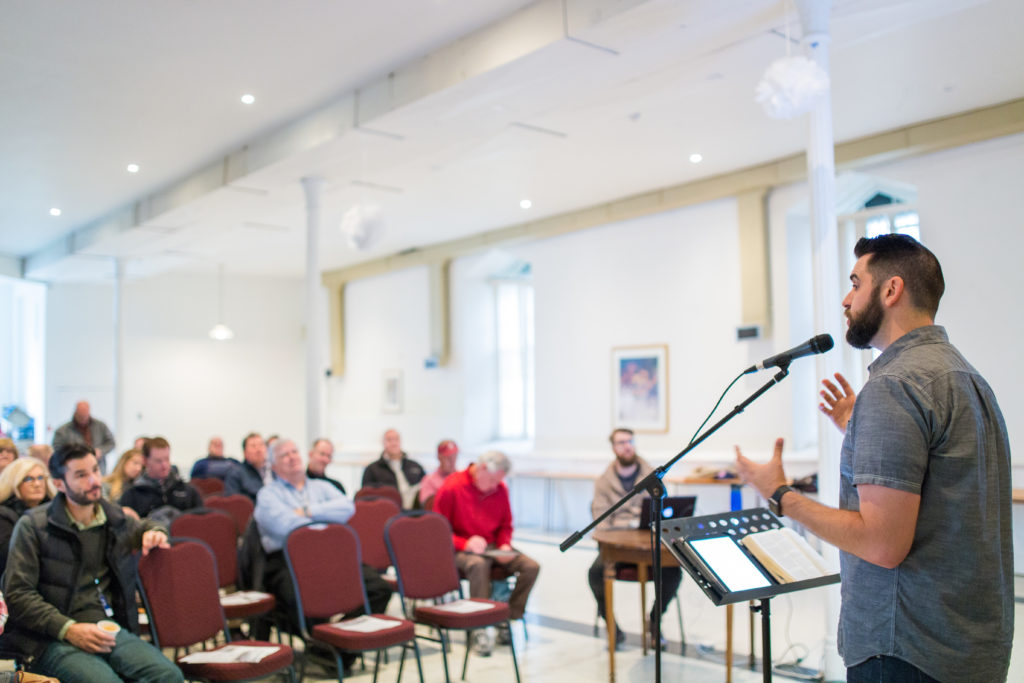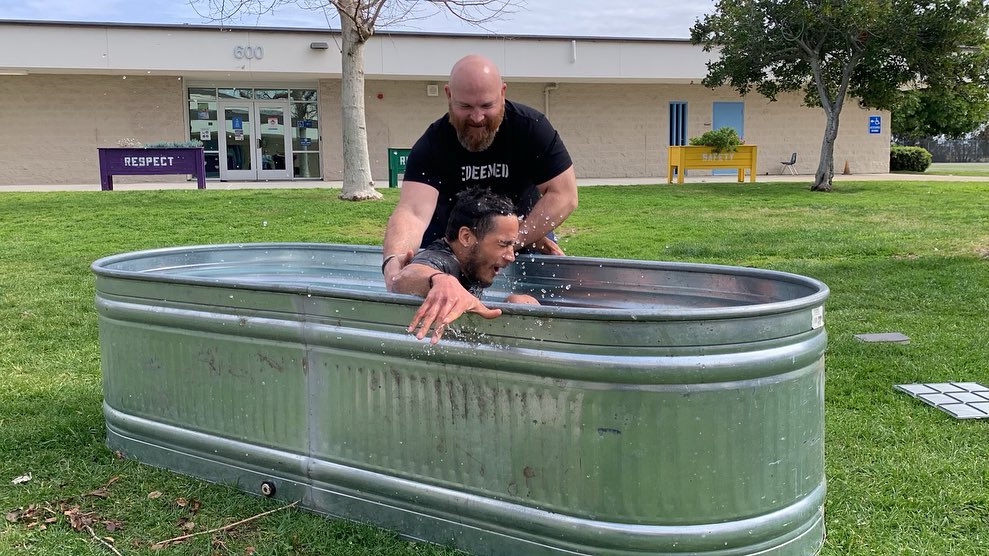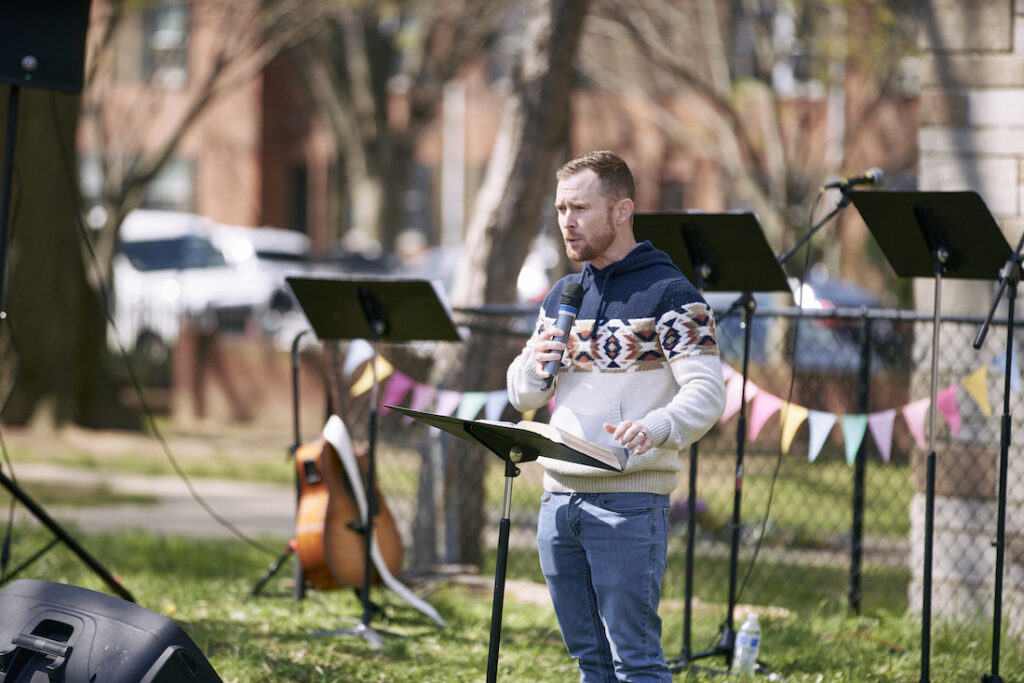A significant trend in starting new churches is by planters who are choosing to be bivocational. Historically the phrase bivocational pastor has been used to refer to a leader who served a church that was unable to compensate a pastor with a full-time salary. Therefore, the pastor would work a second or third job to supplement what the church could provide. In many cases, this was out of necessity rather than preference.
Often the language of “tentmaker” (the Apostle Paul’s trade described in Acts 18) has been used to define this type of church planter. Typically, a bivo planter is one who has a marketplace job that they view as somewhat temporary. Their hope is that the church plant will eventually be in a position to provide the financial support for the planter to leave their bivo job to focus full time on the church.
However, today there is a new movement among bivocational leaders. More planters are making the decision to be bivocational out of the conviction that bivo church planting actually provides a more desirable way to plant a new church, rather than on the basis of limited funds. In other words, it is becoming a first option, not a last resort.
With the increasing number of church planters choosing to engage the marketplace while at the same time planting a church, it is helpful to rethink the topic of vocation. This rethinking must start with considering the sacred/secular divide, or what some people refer to as the problem of dualism. Dualism, simply put, is wrongly dividing something that should not be divided. The Greco-Roman thought was that the world is divided into two competing domains: the sacred (spiritual) and the secular (material).
Where this form of dualism happens often, and actually becomes harmful to our understanding of ministry, is in our understanding of vocation. The word vocation comes from the Latin vocatio, meaning a call or summons. It is normally used to refer to a calling or occupation that a person is drawn to or is particularly suited for.
The problem of work dualism goes back to the fourth century when Augustine compartmentalized the way people lived, when he spoke of the contemplative life and the active life. For Augustine, the contemplative life was given to sacred things and was seen as a higher calling, while the active life was given to secular things and regarded as a lower calling. This kind of thinking helped create a distorted view of work that continues today. For example, the language of “full-time Christian work” or “full-time ministry” is commonly used to describe those whose vocational calling is to be a pastor, missionary or para-church worker. However, a proper and biblical understanding is that all Christians are called to “full-time ministry,” doing good work well for the glory of God, regardless of their specific vocation.
This topic of vocation is particularly important today when considering church planting. Often the language of bivocational invokes the thought of two distinct vocations. We bifurcate, (divide into two) or compartmentalize, seeing little, if any, overlap between what a leader does to earn a living and his or her full-time ministry.
To overcome this disconnection, at the Send Network, we are using the language of “covocation.” The prefix “co” is the reduced form of the Latin “com” which means “together” or “in common.” English words like cofounder, coauthor, copilot or companion are examples of words that denote partnership and equality.
A covocational church planter is one whose primary vocation is in the marketplace, but at the same time, they are called to start a church. A “covo” planter is one who has a clear and definite calling in the marketplace that they never intend to leave. They know God has called them to be a teacher, mechanic, graphic designer, or doctor and they desire to weave that calling into the plan to plant a church.
Covocation embodies the reality that if a person is called to the marketplace – and at the same time is called to start a church – the different callings are not isolated from one another, instead they are actually interlinked and equal. The language of covocation pushes against the temptation to compartmentalize different aspects of our lives. When we begin to understand that each of our callings are legitimate and necessary aspects of God’s mission, they can be leveraged together for His purposes.
For more on this topic check out, Covocational Church Planting: Aligning Your Marketplace Calling with the Mission of God, published by the Send Network. You can download the free e-book here: https://www.namb.net/send-network-blog/ebook-covocational-church-planting/,
Published May 14, 2019




